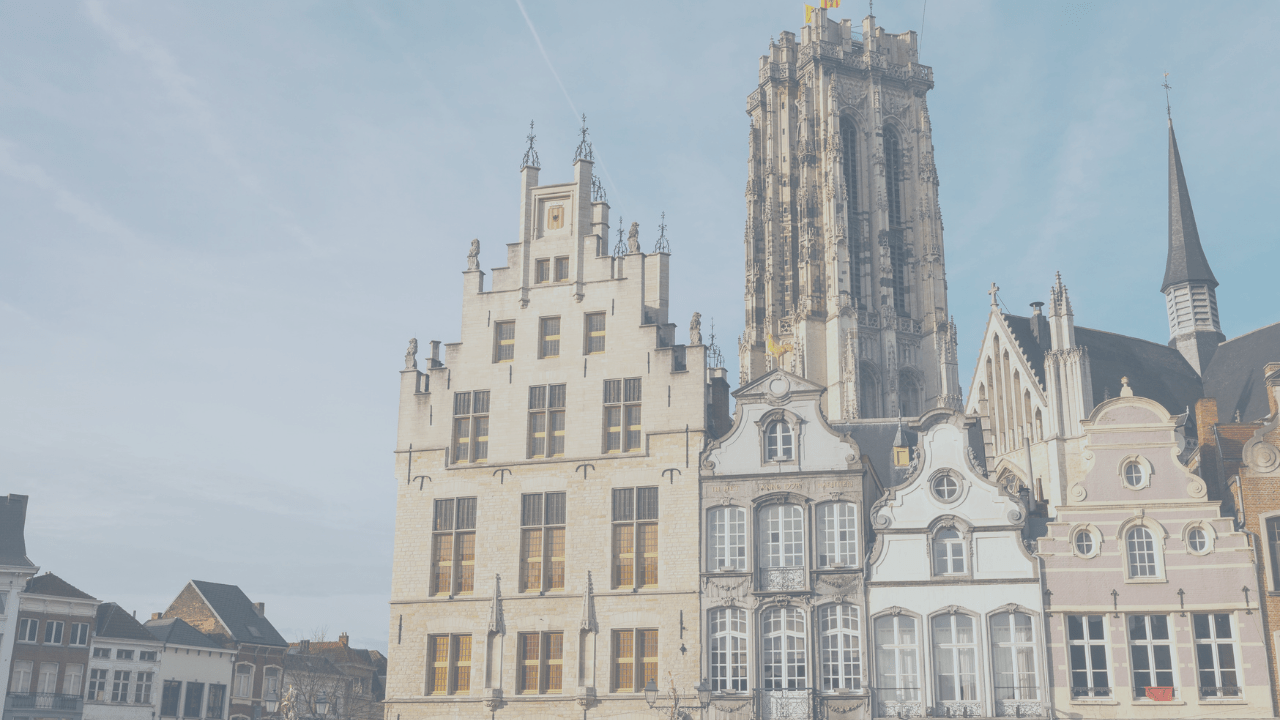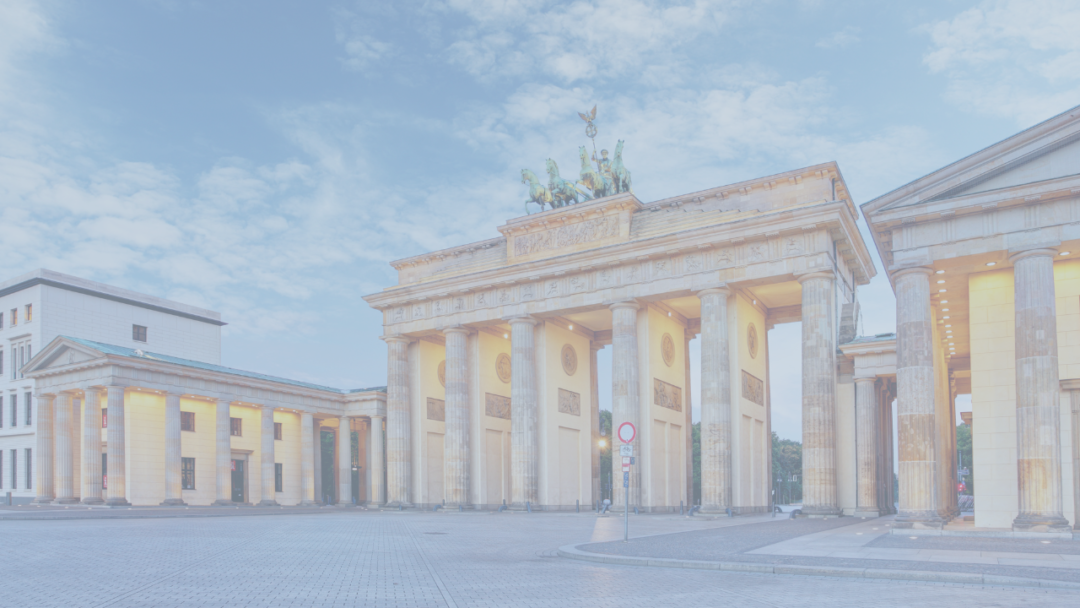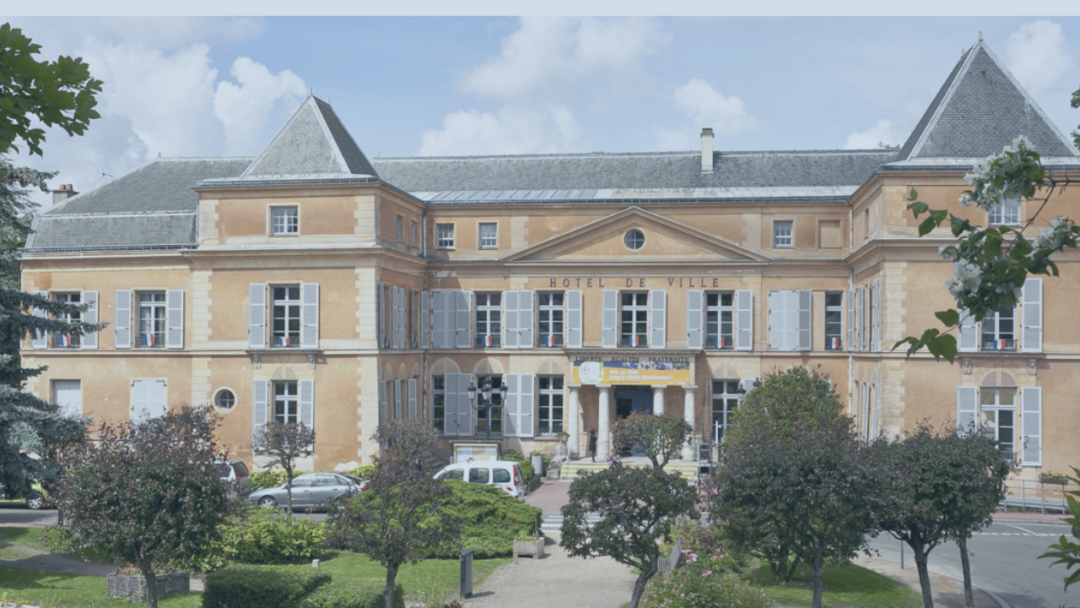General Information:
| Population: 89,313 (2024) |
| Country: Belgique/België/Belgien |
| Official Website |
| Security & Prevention |
The City and Efus
- Member since 2020

| Population: 89,313 (2024) |
| Country: Belgique/België/Belgien |
| Official Website |
| Security & Prevention |
The City and Efus

Informations générales : Population : 3 580 000 (2025) Localisation : Deutschland Site Officiel Prévention & Sécurité La ville au sein du réseau :

General Information: Population: 29,551 (2022) Country: France Official Website The City and Efus

General Information: Population: 63,656 (2024) Country: España (Euskadi) Official Website The City and Efus

General Information: Population: 19,520 (2022) Country: Italia Official Website The City and Efus